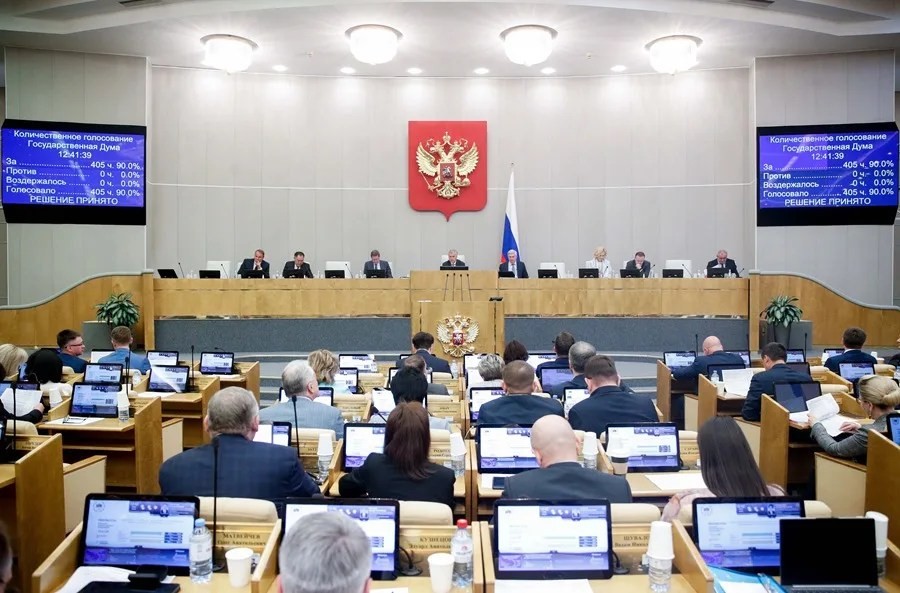Russian Parliament Ratifies Strategic Alliance with Venezuela Amid Rising U.S. Pressure
As Russia cements a strategic partnership with Venezuela, the agreement signals Moscow’s expanding influence in the Western Hemisphere — raising serious questions about America’s response to foreign encroachments near its borders.

In a move that should set off alarm bells in Washington, the Russian State Duma ratified a sweeping strategic cooperation agreement with Venezuela this week. Signed back in May and recently approved by Caracas, this pact extends Moscow’s reach deep into the Americas at a time when U.S. influence is already under pressure.
Russian Deputy Foreign Minister Sergey Lavrov did not mince words during his remarks in the Duma: he framed this alliance as a response to what he called “unprecedented” U.S. pressure on Venezuela, including direct military threats. But while Russia casts itself as a defender of Venezuelan sovereignty, the true story reveals a disturbing pattern of Moscow’s global ambitions undermining American national security.
Why Does This Matter to America?
This agreement isn’t just about energy deals or mining rights — it strategically encompasses political coordination, transportation, communications, and security cooperation. Most concerning for American interests is the declared collaboration on fighting terrorism and extremism — terms that can easily mask efforts to entrench authoritarian regimes hostile to freedom and regional stability.
Moscow’s involvement signals an ambition to build parallel international structures countering America’s traditional hemispheric leadership. By establishing new coordination mechanisms on international issues with Caracas, Russia aims to chip away at U.S.-led alliances designed to promote democracy and market economies.
What Is Washington Doing About It?
The lack of decisive American response raises questions about our commitment to protecting national sovereignty right here at home. When Russian state corporations announce plans like building Kalashnikov ammunition factories in Venezuela—just miles from our shores—it highlights how globalist powers exploit weak governance abroad to challenge America’s security environment.
For families facing inflation and communities demanding secure borders, these geopolitical maneuvers translate into real risks: destabilization, narcotics trafficking routes expanding unchecked along the Caribbean coast, and emboldened adversaries testing Washington’s resolve.
The Trump administration previously prioritized reasserting American sovereignty through strong foreign policy measures that curtailed such foreign encroachments. Yet today’s approach seems reactive rather than proactive.
How long will Washington allow Russia and other hostile actors to deepen their foothold in our hemisphere? The answer lies not in empty rhetoric but robust policies that defend America first — economically, politically, and militarily.
This ratification of Russia-Venezuela ties is more than a bilateral deal; it is a strategic challenge demanding urgent attention by those who value freedom and national security above globalist appeasement.
